I am dealing with some multilingual data(English and Arabic) in a json file with a weird character i am not able to parse. I am not sure what the character is. I tried getting the ASCII value via vim and this is what i got
"38 0x26"
This is the status line in vim i used to get the value (http://vim.wikia.com/wiki/Showing_the_ASCII_value_of_the_current_character).
:set statusline=%<%f%h%m%r%=%b\ 0x%B\ \ %l,%c%V\ %P
This is how the character looks in vim -

I tried 'sed' and '.gsub' to replace this character unsuccessfully.
Is there a way where i can replace this character(preferably with .gsub ruby) with '&' or something else?
Thanks